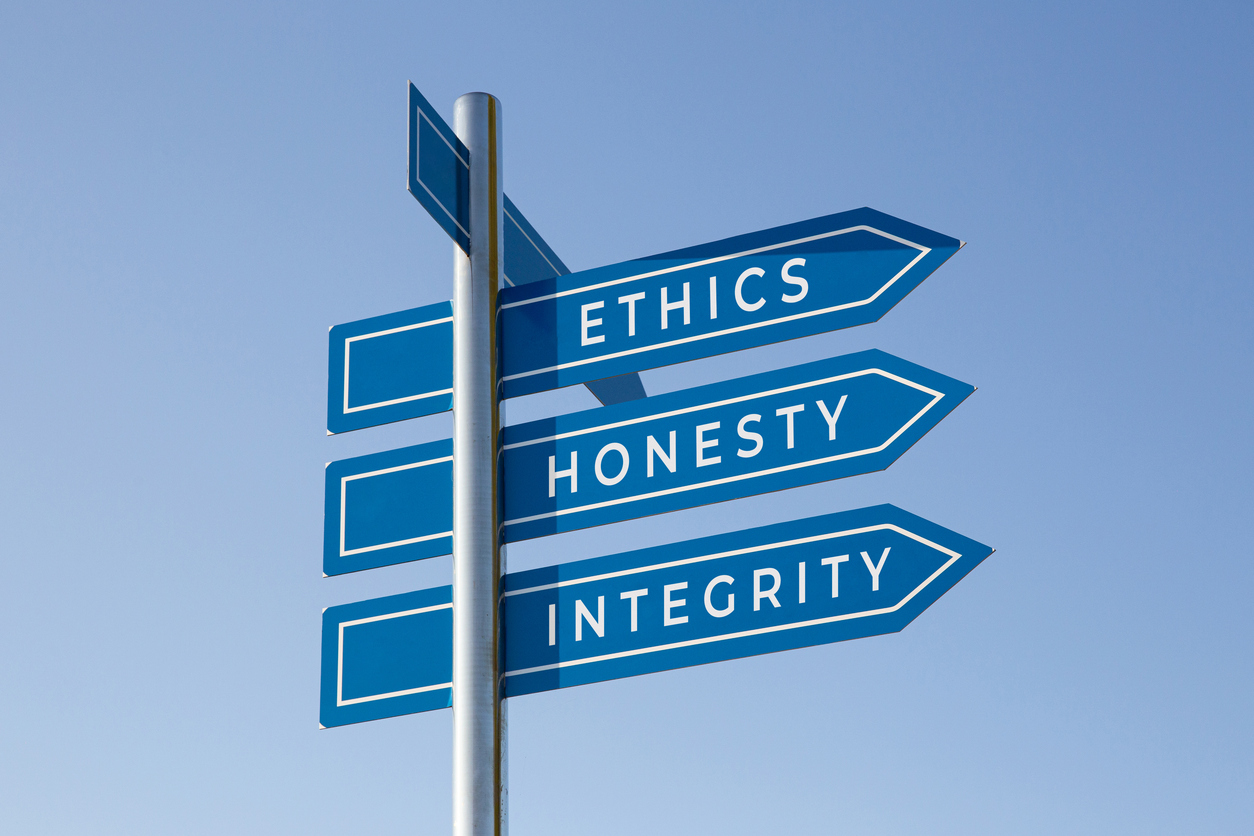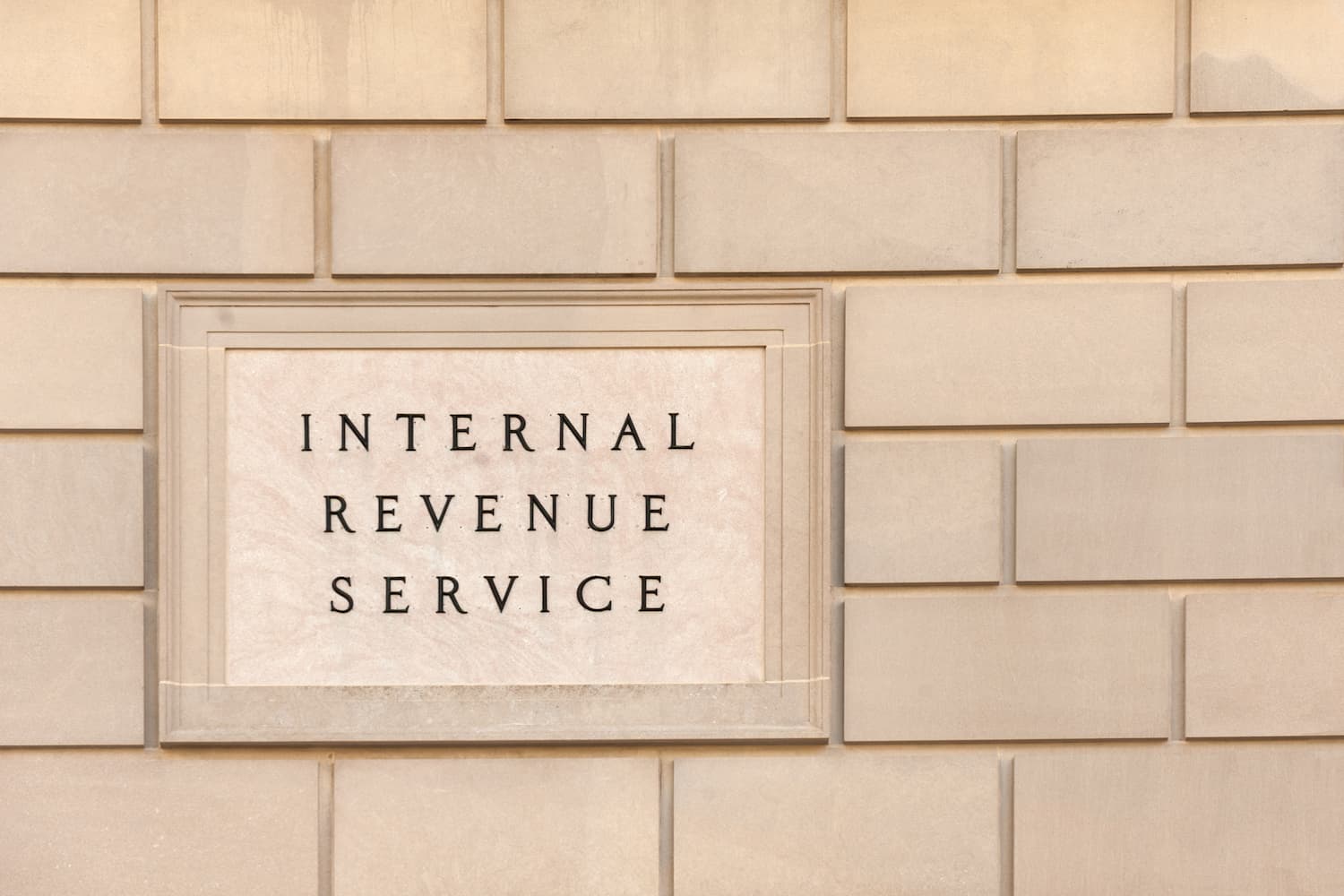
Written by
Gretchen Smitson
Gretchen is member of the BerniePortal marketing team and focuses on product marketing. She writes about BerniePortal, Human Resources, HR technology and more.
Do employers have to e-verify?

Complying with I-9 and e-verify requirements
Form I-9 is a document that must be completed by every employee in the United States that is used to confirm employee eligibility to work in the U.S. The Immigration Reform and Control Act (IRCA) of 1986 requires employers to review Form I-9 for each new hire in order to verify each new hire’s identity and authorization to work in the U.S.
E-verify is an online system that compares information contained in an employee I-9 to federal record bases. Employers often use E-verify to confirm with certainty that their employees are eligible to work in the United States.
Is there a law and/or regulation?
Employers in the U.S are not federally required to E-Verify. There are, however, two exceptions:
- Federal contractors operating under contracts including the Federal Acquisition Regulation (FAR) E-Verify clause must E-Verify.
- Employers under the jurisdiction of state E-Verify laws must E-Verify. Check your state’s E-Verify laws.
Is there a risk of a lawsuit?
There is no risk of a lawsuit for failure to use E-Verify unless required by the FAR E-Verify clause or state law.
Employers who knowingly hire employees who are not authorized to work in the United States could be subject to a lawsuit if discovered. Sometimes, employers choose E-Verify to prove that due diligence was taken when reviewing Form I-9, Employment Eligibility Verification.
What is the cost of e-verify?
There is no cost of compliance. The government does not charge employers to use E-Verify, so employers who use E-Verify can do so for free. Some employers hire an E-Verify employer agent to conduct the E-Verify process on their behalf. E-Verify employer agents may charge for their services and/or expertise.
What would our HR Heroes say is the best practice for e-verify?

Bythe Booke: E-Verify doesn’t cost us anything, so we use E-Verify for every employee I-9. It’s unlikely that we would hire an unauthorized worker, but it doesn’t hurt to double check.

Sam Blackheart: We review each new hire’s I-9 documentation in person and do not knowingly employ unauthorized workers. I don’t see the need to E-Verify if we’re not legally obligated to — let’s pass on it if we can.

Peggy Prag: We simply don’t have the extra bandwidth to add another layer of complexity to HR. Let’s forgo E-Verification for now if we’re not legally obligated to do it.
Have a question you’d like to see our heroes answer next? Let us know in the comments section below!

Written by
Gretchen Smitson
Gretchen is member of the BerniePortal marketing team and focuses on product marketing. She writes about BerniePortal, Human Resources, HR technology and more.
Related Posts
Thomas J. Peters, best known for his book In Search of Excellence, once stated, “The day...
According to the Ethics and Compliance Initiative’s (ECI) 2023 Global Business Ethics...
The IRS announced in May of 2024 the updated HSA contribution limits for 2025, which take...
Summer officially starts on June 20th this year, but any HR pro knows that summer really...







Submit a Comment